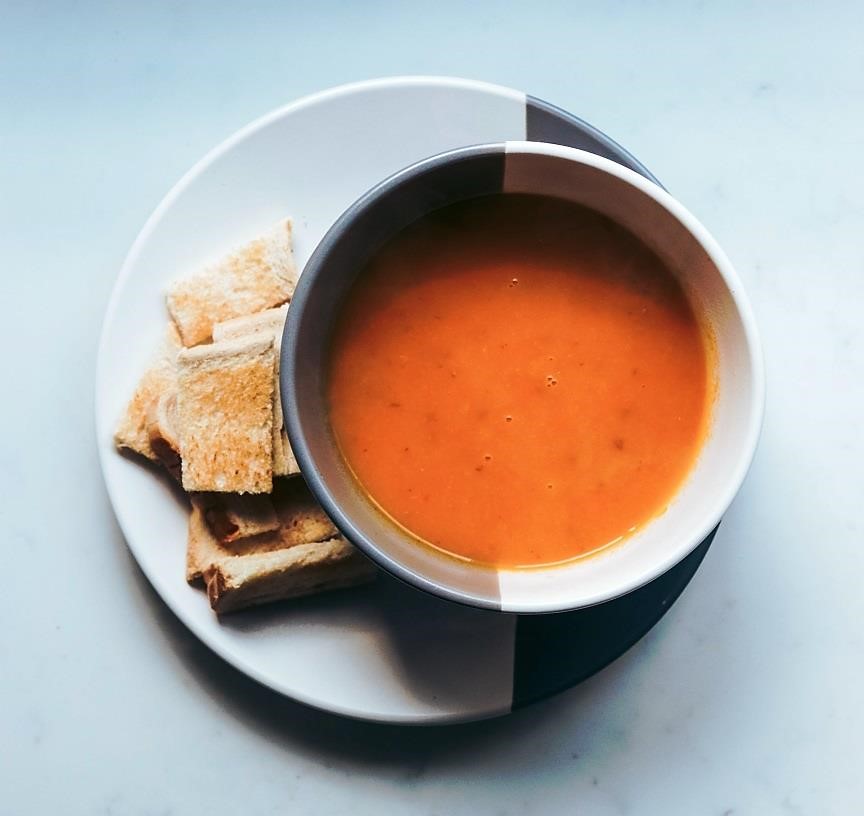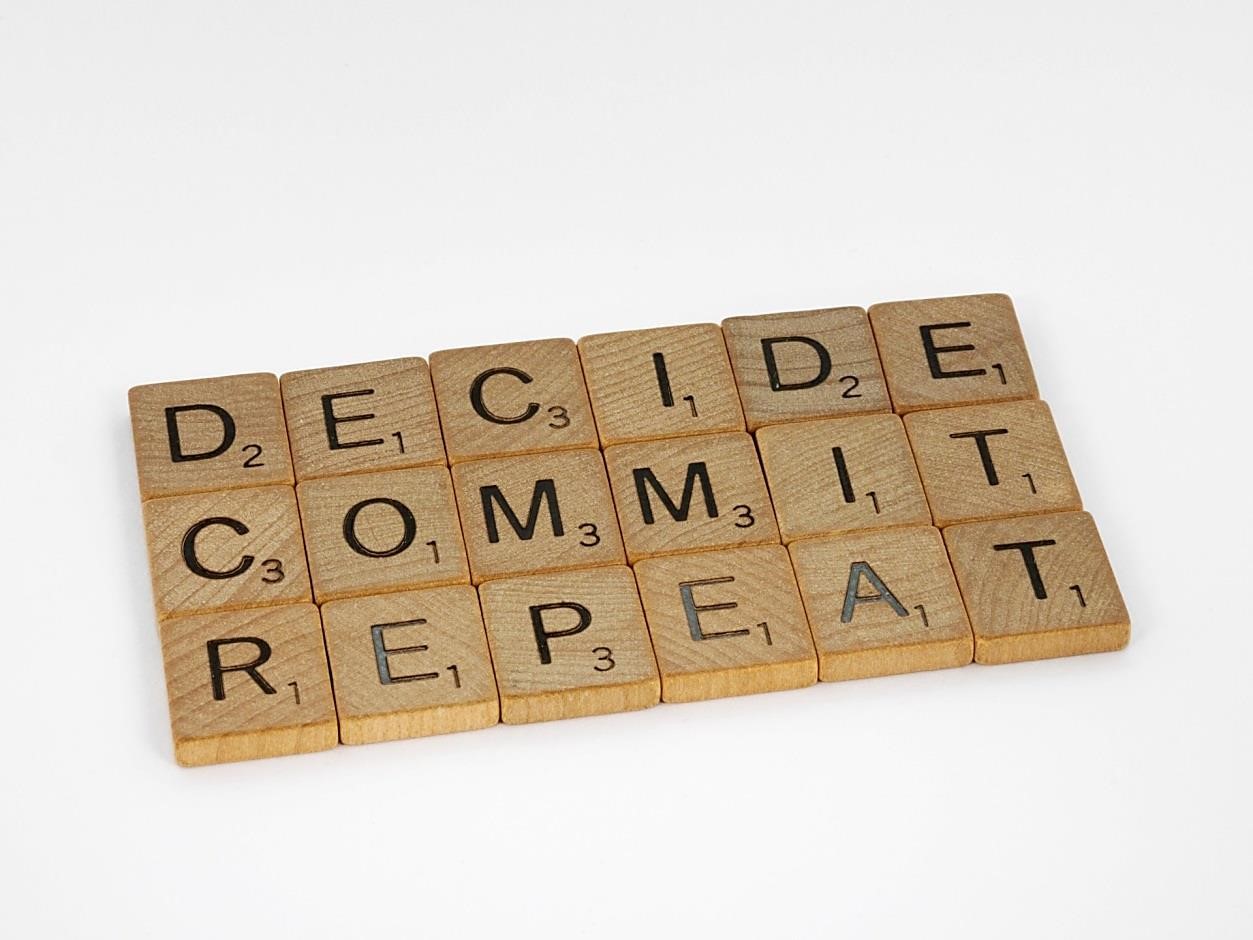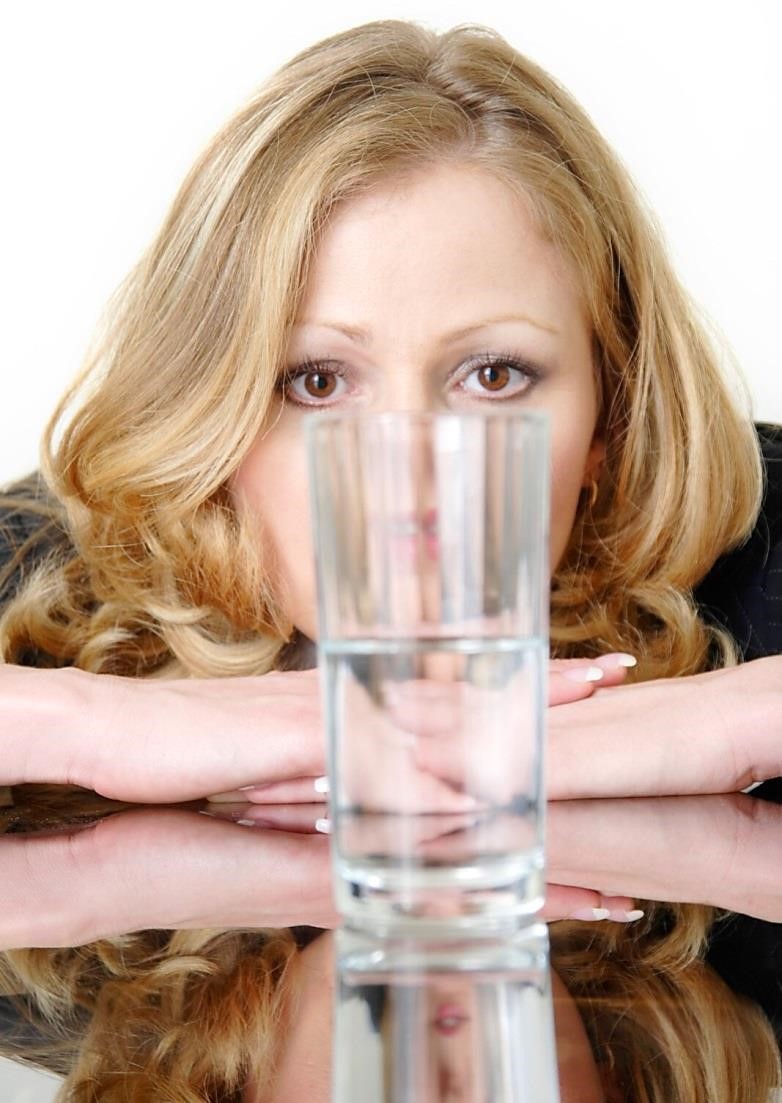
by Fern Shaw | Nov 14, 2023 | mains fed water cooler, water cooler, Water Coolers, water dispenser
The majority of people are under the impression that dehydration is something that happens only to athletes. The truth is that it happens to everyone, across all lifestyles and of all ages. Athletes just experience dehydration faster, with signs that are more visible.
Whether it is during a long walk to the office or during physical training, our body heats up when it works hard. To try to cool your body down enough to prevent heat stroke and to reduce core temperature, our bodies have to perspire. The perspiration evaporates to assist the body to reduce temperature. The drawback is that during warmer weather or constantly being in heated environments the perspiration is not efficient, and your body continues to sweat to try to reduce heat. As a result, dehydration accelerates.
There are a few tips that can assist you in avoiding dehydration during your exercise and fitness training and daily life. The most important tip is to keep hydrated, and not to wait until you are thirsty.
Drink water often, and at regular intervals. By the time you feel thirsty, you are already short of close to 1.5 litres of body fluids. It can take over a full day to recover from that type of dehydration. If you continue to work, train or exercise without sufficient hydration, your body can suffer from heat stroke. Dehydration affects everyone however; it usually affects unfit, elderly adults and overweight individuals far more quickly.
About 0.5L of water 1-2 hours before your exercise should assist you to stay cool, increase your performance and reduce your risk of heat stroke and dehydration dramatically. Avoid coffee, teas and any drink with alcohol in it, as these will cause you to urinate more often, and increase your fluid loss. Remember that after your exercise, long walk or strenuous activity to drink lots of water. Do this as soon as possible to give your body the help that it needs to recover.
Need access to a constant supply of refreshing drinking water but don’t currently have a water dispenser?
There is an easy solution. Contact AquAid’s experienced and professional in-house agents. We offer a free on-site survey to assess your water dispenser requirements. This obligation-free service helps establish whether you are best served installing bottled or mainsfed water coolers.

by Fern Shaw | Oct 24, 2023 | aquaid, water boiler, water cooler, Water Coolers, water dispenser
There are a number of positives to installing an AquAid Hot & Cold Water Dispenser or Hot Water Boiler. The most common reasons are piping hot water constantly available for whatever hot drink you enjoy – tea, coffee, hot chocolate, hot lemon water – the list goes on.
Often though there seems to be a hot water drink (meal?) that is oft forgot but just as vital to getting you through the working or school day, albeit in a heated hydration method.
Nothing equates to a soup made from scratch, but as we go about our daily business or busy school day, there often is only a minute or two available to dispense piping hot water for a nourishing mug of soup. And instant soups hit the spot perfectly.
Instant soup has been around for decades, with firm favourites remaining popular however, tastes have broadened where we now have soup from further afield gaining popularity. Although there may be plenty people for whom a spoonful of Bovril or Marmite in hot water will suffice, there are other consommés that are just as nourishing and healthy. Think miso soup for example!
Whatever your favourite hot water brew, AquAid has a boiling hot water drink dispenser to meet your requirements.
If you’d like know more about AquAid hot & cold dispenser and water boiler products as well as our life-saving charity partnerships, please * e-mail or ☏ us on 0800 772 3003. It will be our pleasure to assist you.

by Fern Shaw | Oct 4, 2023 | mains fed water cooler, water cooler, water dispenser
Whatever your preference, AquAid supply a wide range of water dispensers and water coolers to our customers.
Installing a water dispenser makes sense as they offer the user the best quality water at convenient temperatures.
AquAid is one of the largest water dispensing companies in the U.K. Established by Paul Searle in 1998, who went door-to-door selling bottled water coolers and bottled water to home customers, our business has
has grown exponentially since these humble beginnings. We now offer a high quality range of water cooler dispensers to all industries, including small, medium and large companies, construction sites through to schools and dentists; doctors; fitness centres and production companies.
Having a water dispenser on site for any organisation means they are able to offer cool, fresh drinking water to whoever visits them, as well as being able to keep all those in their organisation properly hydrated.
Numerous studies have shown that keeping hydrated can increase one’s mental and physical performance by as much as 20% – thus enabling employees to keep properly hydrated throughout the working day and for schools, it means that both the staff and children keep themselves hydrated, all while helping the children better concentrate in class.
The health benefits from proper hydration are manifold. People often mistake thirst for hunger. This can adversely affect health as instead of drinking water, people may overeat as they don’t realise they are, in fact, dehydrated. Dehydration can have a negative effect resulting in poor concentration, headaches, feeling tired and listless and poor health overall.
Having a water cooler dispenser in your office, workplace, site, rooms or school means you’ll be able to offer everyone the opportunity to drink water and keep hydrated.
AquAid supply a wide range of water cooler dispensers available in bottled or mains fed.
The bottled water cooler dispensers are perfect for the smaller businesses or work environments that do not have hundreds of individuals to service.
For larger offices, business centres and schools, the mains fed water coolers are the most practical and cost effective. These units filter and purify the water that comes out of your normal taps, giving you clean and safe water whenever you need it.
Furthermore, having adjustable water temperatures your AquAid water dispenser offers a choice of piping hot water for hot water drinks or chilled drinking water throughout the year.
With all the benefits that water cooler dispensers offer, why not install one today?
Give the fantastic team at AquAid a call and they will gladly assist you with all your water cooler dispenser needs.
To call us at AquAid: 0800 772 3003
To e-mail us: Click here
If you would like to browse our range of water coolers: Click here
To follow us on social and business media: Twitter, Facebook and LinkedIn

by Fern Shaw | Sep 28, 2023 | water cooler, Water Coolers
As I have said – okay, typed – before, drinking water = power (or energy) but who would have thunk it, apparently, naps too = power.
Before you get the idea that I’m trying to propagate my ‘Sloths Rule!’ philosophy, let me assure you, this power nap deal is not only true, but also a fact!
From the blogista’s friend Wiki:
A power nap is a short sleep that terminates before the occurrence of deep sleep or slow-wave sleep (SWS), intended to revitalise the subject. The expression was coined by Cornell University social psychologist James Maas.
Characteristics
The power nap is thought to maximise the benefits of sleep versus time. It is used to supplement normal sleep, especially when a sleeper has accumulated a sleep deficit.
Various durations are recommended for power naps, which are very short, compared to regular sleep. The short duration of a power nap is designed to prevent nappers from sleeping so long that they enter a normal sleep cycle without being able to complete it. Going beyond sleep stages I and II but failing to complete a full sleep cycle, can result in a phenomenon known as sleep inertia, where one feels groggy, disoriented, and even sleepier than before beginning the nap. Brief naps can improve alertness directly after awakening without the detrimental effects of sleep inertia associated with longer naps.
Scientific experiments and anecdotal evidence suggest an average power nap of around 30 minutes is most effective. Any more time, and the body enters into its usual sleep cycle. People who regularly take power naps may develop a good idea of what duration works best for them, as well as what tools, environment, position, and associated factors help induce the best results.
To this, I can certainly attest.
I’ll come clean though, I have never actually had a power nap at work – what I have had though, is a power nap when I’ve been running on empty between Job A and Job B in one day. I leave Job A, zoom home and have a gap of an hour or so before needing to leave for Job B.
Perhaps I’ve been remiss about my water intake for the day (yes, it does happen) and my battery is blinking red. It has happened where I’ve sat down, leant back and closed my eyes on the (most comfortable) sofa. When I magically wake up, 20 to 45 minutes later, without any type of alarm, I definitely feel better, not groggy or tired at all.
I can’t say that it will work for everyone, as I believe everyone’s make-up is different, but I can say that it most definitely does work. So, more power to you, fellow nappers, as you embark on the Journey of the Power Nap.
Oh, whether you have or don’t have power nap opportunities, might I suggest that you, at least, aim towards drinking a good few bottles or glasses of water every day.

by Fern Shaw | Sep 14, 2023 | bottle fed water coolers, mains fed water cooler, water cooler, Water Coolers
Glass half full? Half empty? Where does the expression originate? The exact origin of the idiom is unclear; however, digital records seem to show it originated in the first half of the 1900s. Glass half-full/half-empty of what you may ask? Well, water is the standard, so we’ll stay with that.
If you’re not familiar with the expression, it stems from the idea that believing the glass is always half-full means you have a positive outlook and believing the glass is half empty means your outlook is more negative.
Alternatively, could it originate from the unfortunate occasion when your bottled water is depleted? Even if this is the scenario, there is still good news!
If you have any of the high quality range of AquAid Bottled Water Coolers installed in your workplace, we arrange a scheduled water delivery with you, thereby ensuring your drinking water is always more glass half-full than half-empty.
Even better, if you have any of the top quality AquAid Mains Fed Water Coolers installed, your water glass will always be full.
More news that is positive is that AquAid supply water dispensers nationwide, utilising 22 branches situated at local locations convenient to your premises. Whether you operate a small, medium or gargantuan business, AquAid has a tailor-made drinking water solution for you.
Irrespective of the half-full, half-empty dilemma, it’s good to know that ensuring a permanent supply of drinking water on site is something at which AquAid excel. As well we should, with 23 years’ experience and a highly dedicated team committed to providing our very best service at all times.





